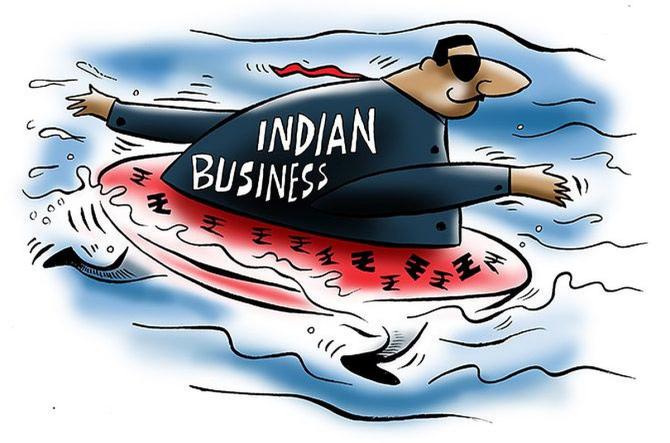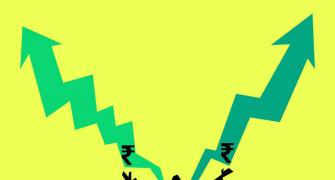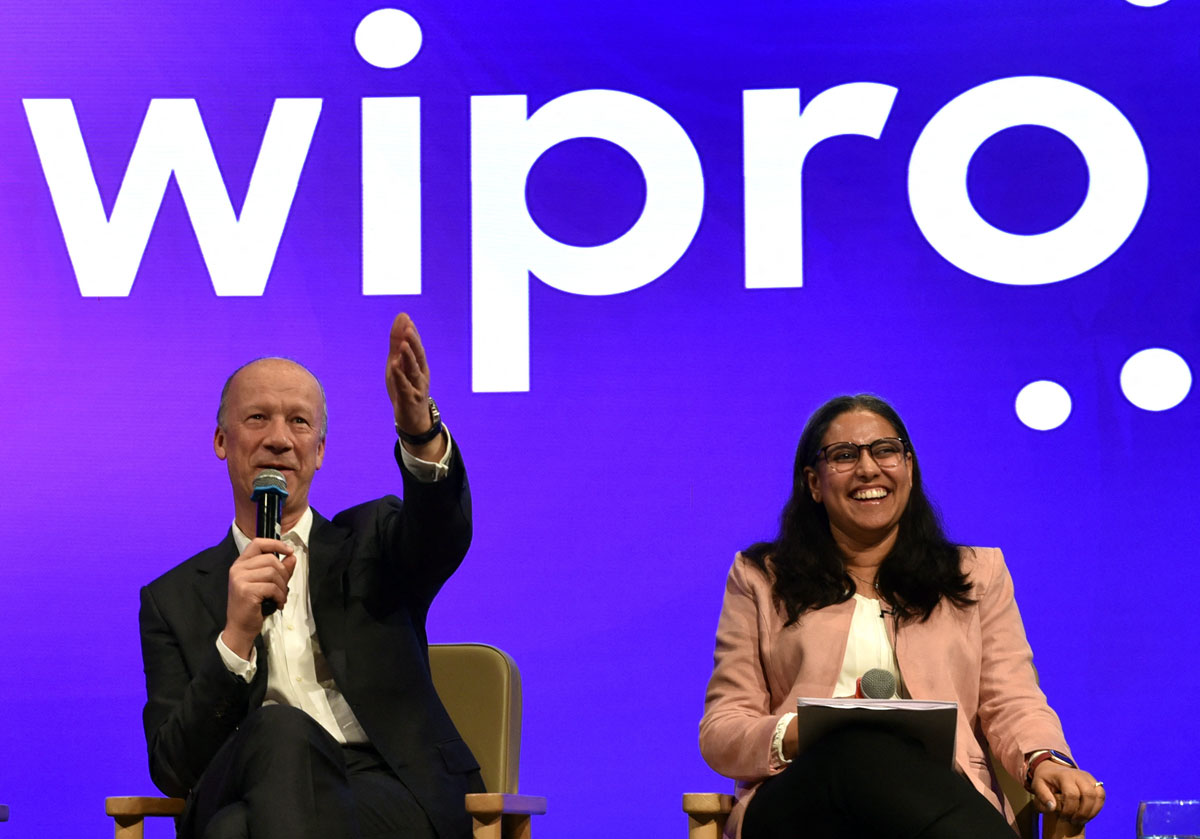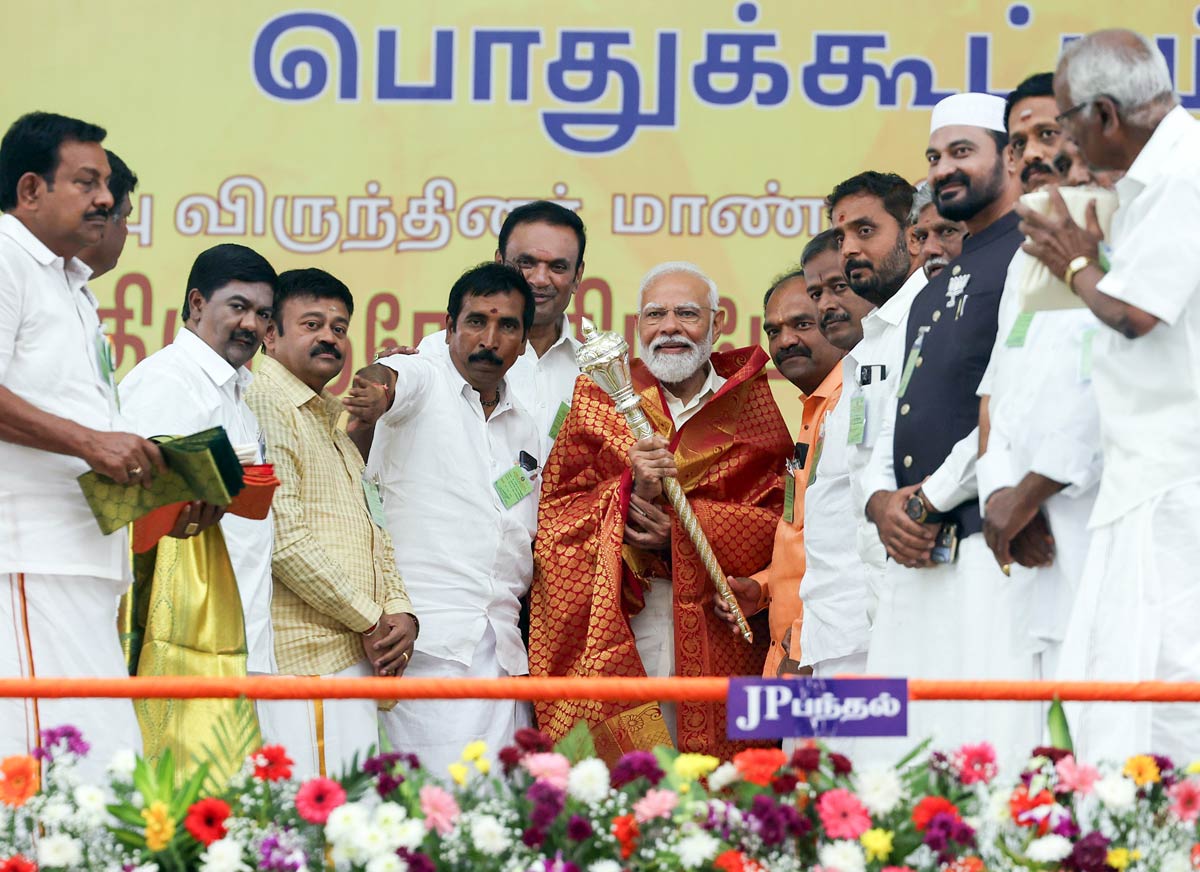Industry execs nervous about rising freight cost, longer delivery time

Closely watched by the world for any escalation, the Iran-Israel conflict is already showing early signs of stress for India Inc — longer deliveries, doubling freight rates, extended working capital cycles, and higher costs.
For those yet to feel the heat, there is growing apprehension and nervousness over future developments, observed industry executives.
Akin to any geopolitical tension, oil prices and related escalation in fuel costs are immediate concerns for both the Indian government and industry watchers.
Oil and liquefied natural gas (LNG) prices are likely to shoot up if Iran blocks the Strait of Hormuz, through which countries like India import crude oil from Saudi Arabia, Iraq, and the United Arab Emirates, leading to a spike in inflation, analysts said on the Iran-Israel conflict.
The conflict has escalated over the past few days.
Iran first launched drone and rocket attacks on Israel, which retaliated by firing a missile.
Crude oil prices have hovered around $90 per barrel since the conflict.
In a note, Motilal Oswal Financial Services said that while de-escalation efforts will likely control the crisis, oil and LNG prices will spike in case Iran completely or partially blocks the Strait of Hormuz.
“We have maintained that prices crossing $100 per barrel would lead to a very difficult situation.
"Whatever price shocks may occur, it seems there remains enough buffer before that is reached,” said a top Ministry of Petroleum and Natural Gas official.
The events have made trade more uncertain, raising average prices of spot purchases, the official said.
Ministry sources said that while the hostilities between Israel and Iran are not expected to affect oil flows directly, the government remains concerned about the cascading impact on global prices and incremental effects. Brent crude on April 19 closed at $87.39 per barrel.
Sehul Bhatt, director of research at CRISIL Market Intelligence & Analytics, noted that at present, there is an upside risk to CRISIL’s crude oil price average of $83-88 per barrel range estimates for the calendar year 2024.
“That’s because ongoing tensions along some shipping routes could affect supplies.
"To wit, the Strait of Hormuz handles a fifth of global crude demand or around 21 million barrels a day.
"The Red Sea route handles around 8 million barrels.”
In addition to the obvious fuel cost rise risk, Indian businesses are feeling the heat of higher freight costs, longer delivery times, raw material shortages, and increasing nervousness.
Arun Kumar Garodia, chairman of the Engineering Export Promotion Council (EEPC) of India, said that as goods were taking the longer route around the Cape of Good Hope from the beginning of the Red Sea issue, “It has added two to three weeks to the delivery time.”
He said any impact on exports could be determined only if the crisis escalates.
Besides exports, West Asia is now a significant contributor to the engineering and capital goods order book of Indian companies.
Industry insiders said they are closely monitoring the situation.
Sanjay Jadhav, chief executive officer (CEO) of Sterling Generators, said that the company’s finished goods deliveries have been partially affected due to delays in goods movements through the affected areas.
Besides capital goods and engineering, consumer-focused segments such as tea, textile, pharmaceutical (pharma), and automotive (auto), which cater to export markets, are also reporting either early stress or apprehensions over any escalation.
Traditionally, Iran is among the top three markets for Indian tea.
India’s tea exporters are nervous that any escalation in the Iran-Israel conflict could wash out hopes for a turnaround from last year’s lacklustre business.
So far, Assam orthodox tea opened to strong demand this season.
However, an escalation of tension in West Asia could throw a spanner in the revival of exports to Iran.
Mohit Agarwal, director of Asian Tea & Exports, said Assam orthodox teas saw robust demand in the first three auctions of the new season with over 86 per cent of teas selling at Rs 75 higher than last year.
“But the prevailing tension in West Asia is making exporters nervous.
"Any escalation would also impact transportation and insurance costs to Europe and the Commonwealth of Independent States.”
Asian Tea is one of the top exporters of Indian tea.
Anshuman Kanoria, chairman of the Indian Tea Association, said that the market is buoyant.
“If the Iran-Israel situation doesn’t flare up, there will be good demand for Assam orthodox.”
For textile companies, the added weeks to delivery time have translated into longer working capital cycles.
“Our working capital has gone up as it now takes 35 days to ship via the Cape of Good Hope, which earlier took 20 days to ship via the Suez Canal,” said Kailash Lalpuria, executive director (ED) and CEO at Indo Count Industries.
Garodia from EEPC added that certain stainless steel and aluminium product exporters are also missing out on business as the longer delivery time clashes with time-period-related quotas for certain European markets.
India’s automakers have already sounded off on ‘Westward’ difficulties.
Recently, Rakesh Sharma, ED of Bajaj Auto, in an after-March 2023-24 quarter results interaction said the Iran-Israel escalation is making ‘Westward logistics’ difficult.
There is an impact on shipping and freight rates that would, in turn, impact the delivery costs.
Other automotive industry executives noted that cargo movement along that route continues, albeit with some slowdown.
Others, such as the electronics segment in India, also warn of a price rise, owing to a raw material shortage.
“Prices of everything from freight to raw materials have increased, and there is even a chip shortage.
"We are witnessing an overall pricing increase of 10 per cent and it will go up further,” said Avneet Singh Marwah, CEO of Super Plastronics, a Kodak brand licensee.
He added, “Seeing the global situation, prices of most raw materials could go up further and hence is preparing for a difficult 2024-25”, as he foresees more challenges coming in through higher costs.
For India’s pharma industry, buffer stocks, amongst other reasons, have insulated exports from any impact so far.
Pharmexcil (Pharmaceuticals Export Promotion Council of India) director general Uday Bhaskar said that so far India’s pharma exports remain unaffected.
A Gujarat-based exporter of pharma goods said, “So far we have not faced any issue with demand from these countries, and most of them also carry buffer stocks of two/three months.
"However, if the cargo movement is affected, then there would be a rise in logistics costs as well as delivery delays. We will have to wait and watch.”
Other industry insiders opined that the MENA (Middle East and North Africa) region is expected to see some impact on pharma exports due to the escalation.
In 2022-23, India’s pharma exports to Israel was over $90 million or so. Overall exports to MENA region in FY24 was over $1 billion, according to estimates.










